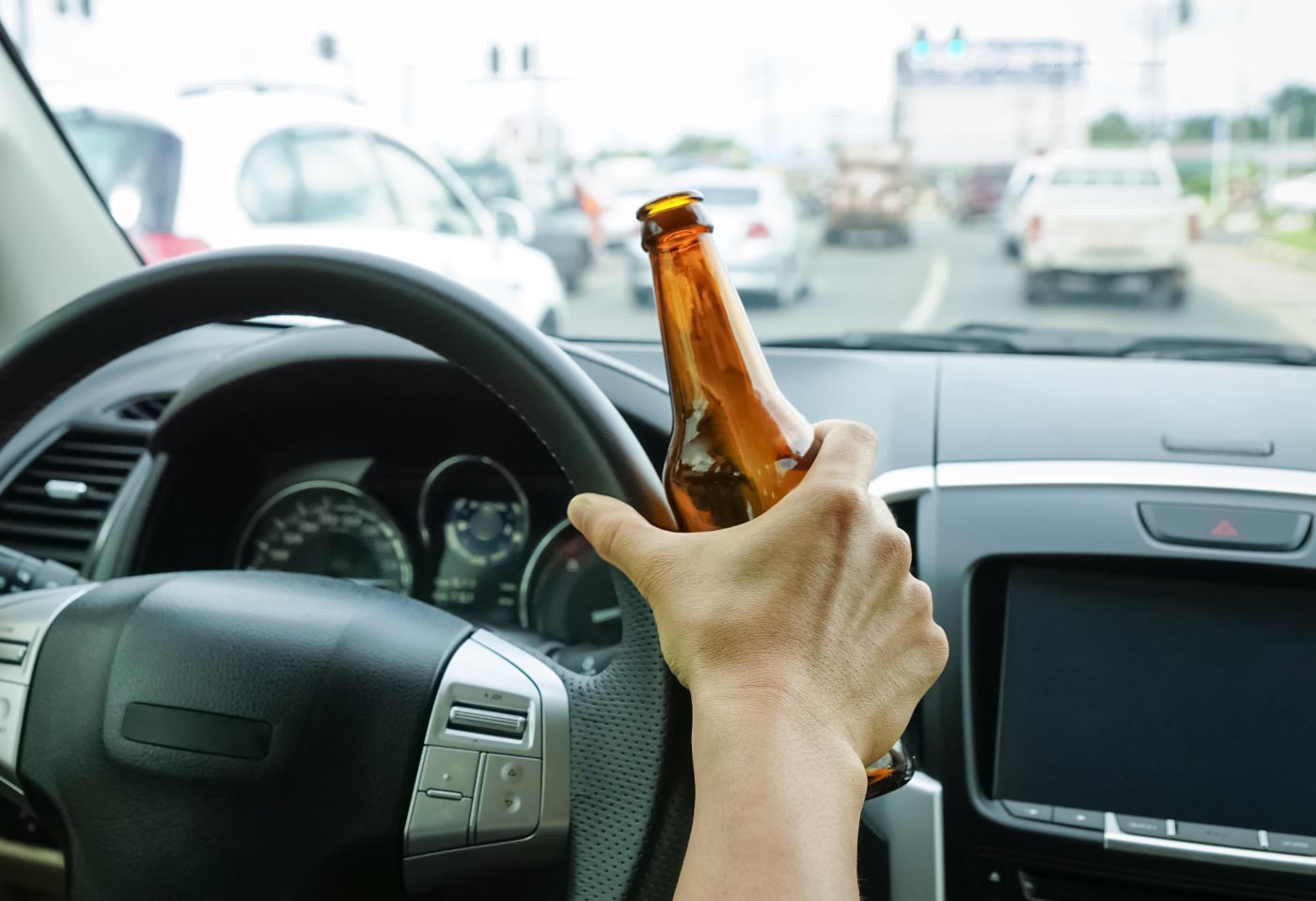If you’ve been arrested and charged with a DUI, or as it is referred to in Indiana, Operating a Vehicle While Intoxicated, it is likely that the state has already collected evidence to use against you at trial. Typically, this evidence is in the form of the officer’s observations of your driving behavior that led him or her to believe you were impaired and the results of field sobriety tests.
Get a Free Consultation
In the face of this evidence, you may think you have no chance to fight a conviction. However, our experience has shown that this is not necessarily true. In fact, there are several common defenses to a DUI charge in Indiana, including:
Challenging the Legality of The Stop.
An officer must have a valid, explainable reason to pull over your vehicle. In order to stop a person and invade his or her privacy, the law requires that the officer have a particular reason amounting to suspicion of an illegal activity. In addition, it requires that he be able to explain his reasons and be tested on their validity.
If the Court finds that the stop was unjustified, then all evidence obtained as a result of that stop cannot be used against you at trial and the state cannot proceed with their case. This is the single most effective way of dismissing your DUI.
Challenging the Tests.
There are three common types of field sobriety tests used by Indiana law enforcement:
Horizontal gaze nystagmus (HGN) — tests whether your eyes jerk involuntarily when following an object.
Walk and turn — walking nine steps, heel-to-toe, in a straight line, then turning around and doing it the other way.
One-legged stand — holding one foot six inches off the ground and counting out loud for 30 seconds.
The results of these tests can be flawed, as they count on the subjective judgment of the officer as to whether your eyes jerked involuntarily in such a manner as to suggest intoxication, or because the results can be skewed by a variety of factors (fatigue, medical conditions, physical limitations, or even weather conditions).
In addition, each police officer is trained to administer field sobriety tests according to nationally accepted standards. Some officers vary from not following all procedures step by step to complete ignorance of standard national procedure.
Breath tests have also proven to be flawed, with error rates as high as 20% on some models. In addition, if the machine has not been properly calibrated and maintained, it could provide a false reading. Your results can also be negatively impacted by medical conditions like acid reflux, your weight, breath temperature — even your mouthwash!
Failure to submit to a chemical test (Breath test) will result in the automatic suspension of your driver’s license for a year! You will not be eligible for specialized driving privileges.
Blood tests are not immune to error, either. To be accurate, the sample must be taken from you and stored properly. The sample must also be tested properly. There are many ways that human error can affect the accuracy of a blood test. If you refused consent to give a blood sample, a warrant must be obtained to administer a blood test and that warrant must be based on probable cause. If there was not probable cause to support the warrant, the blood test evidence may be successfully contested. Since every DUI case is different, it is advisable to contact an experienced DUI attorney if you are arrested or cited for operating any vehicle — car, truck, motorcycle, bicycle, boat, ATV, etc. — under the influence of alcohol or drugs.



